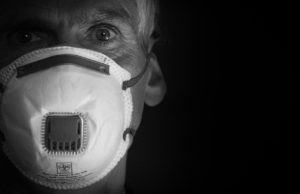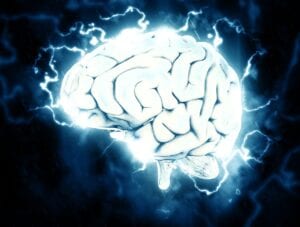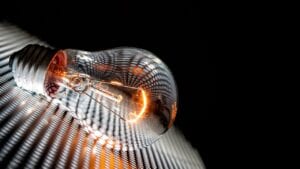Tourette Syndrome
What is Tourette syndrome?
Tourette syndrome is a problem within the nervous system that causes involuntary movements or vocalizations known as tics. Examples of these tics include repetitive blinking, clearing of the throat, shrugging of shoulders, or unintentional blurting of sounds or words. It is estimated that between 100,000 to 300,000 people have Tourette syndrome in America.What are the symptoms of Tourette syndrome?
The symptoms of Tourette syndrome vary in frequency and severity, depending on the individual. The symptoms can be aggravated by stress, illness, excitement and/or fatigue. The main symptom of Tourette’s is called a tic, which range from infrequent and unnoticeable to often and obvious. Symptoms associated with Tourette syndrome include:- Arm and head jerking
- Repeated eye blinking
- Nose twitching
- Repeated bending or twisting
- Obscene gestures
- Shrugged of shoulders
- Grunting
- Barking
- Coughing or clearing of the throat
- Repetition of one’s own words or the words of others
- Unintentional swearing or vulgar statements
- Attention deficit disorder (ADD)
- Obsessive compulsive disorder (OCD)
What causes Tourette syndrome?
The exact cause of Tourette syndrome is unknown. It is widely believed to be an inherited trait in combination with other environmental factors. Another belief is that Tourette syndrome is caused by chemical imbalances in the brain. Research is underway to determine the exact cause.Are there treatment options for Tourette syndrome?
There is no known cure for Tourette syndrome. Treatment options include:- Medications to block Dopamine in the brain to help limit tics
- Botox injections to affected muscles
- Seizure medications such as Topamax
- Anti-depressant medication for anxiety, depression, ADD, and OCD related to Tourette syndrome
- Behavioral therapy to help with the coping with the disease and to help to control the tics (training specifically for tic control is known as Habit-Reversal training)
- In severe cases, deep brain stimulation is used by a battery-operated device that sends electrical impulses to the affected part of the brain
Where can I find more information about Tourette syndrome?
Tourette Syndrome Articles

Did the COVID-19 Pandemic Increase Tourette Syndrome Symptoms?
James Moore
August 16, 2022
Read More »


Loving and Living With Three Children Who Have Tourette Syndrome
Rose Duesterwald
June 1, 2022
Read More »


October 10: Disc Golf Fundraiser for NJ Center for Tourette Syndrome and Associated Disorders
Jessica Lynn
September 15, 2021
Read More »


New Research Could Lead to Improved Tourette Syndrome Treatment
Patient Worthy Contributor
July 14, 2020
Read More »




